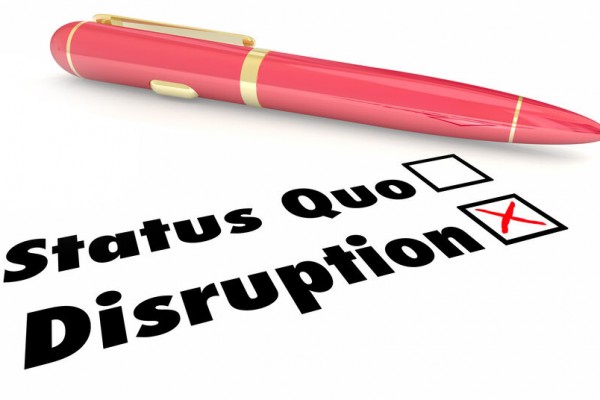We believe in challenging the status quo bias. But what is the status quo bias? Status quo bias is a cognitive bias that affects human decision-making where one has a preference for the current state of affairs. When one wants to keep things the way they are, they want to conform to the status quo.
When it comes to a status quo bias, the current state is used as a reference point, and any deviation from that baseline is perceived as a loss. The potential losses from switching from the familiar to the unknown are weighed more heavily than any potential gains. In fact, one study found that losses are twice as psychologically harmful as gains are beneficial, even when the potential gains do indeed outweigh the possible losses.
Let’s look a little deeper at this. What if you go out to lunch with your parents? Maybe you have a place in mind. You pick up and head out. When you get there, you browse the menu, but decide to go with you probably order your usual. You are sticking with the status quo. You won’t risk being unhappy with what you ordered and you know you will like your usual, but you are missing out on potentially finding a new favorite item. That decision was made because of your status quo bias.
Why should you change your status quo bias?
It’s no great secret that change can be a scary thing. It is this fear of change that makes most of us go with what we know. We take comfort in the familiar. The status quo makes us feel safe and comfortable and can sometimes just make decision-making easier. There are specific psychological reasons why humans prefer the status quo. But changing it can be invigorating.
The riskiest thing one can do is just maintain the status quo. Not changing the status quo comes with costs. It can cause organizations to avoid deploying necessary technology and other business-innovation improvements. Unexpected costs can be a result of decreased productivity, lost opportunity, or even errors caused by outdated processes.
For example, 90% of spreadsheets today are guaranteed to contain at least one error, if not more. Common spreadsheet errors include mistyped numbers, wrong formulas or logic, rounding mistakes, incorrect cell formatting, and copy-and-paste inaccuracies. Other than the wasted hours and increasing frustration, these mistakes can have costly repercussions.
Here at DocMoto, we are focused on ensuring our clients succeed and don’t get stuck in the status quo. Our document management solutions change the paradigm for businesses of all types and sizes. Sign up for a free trial today.



